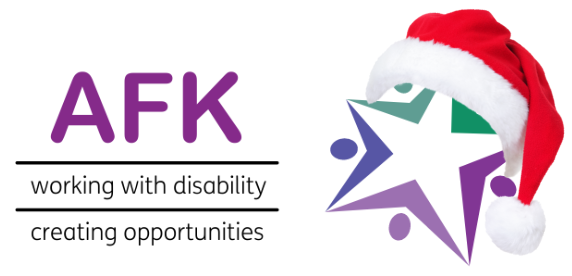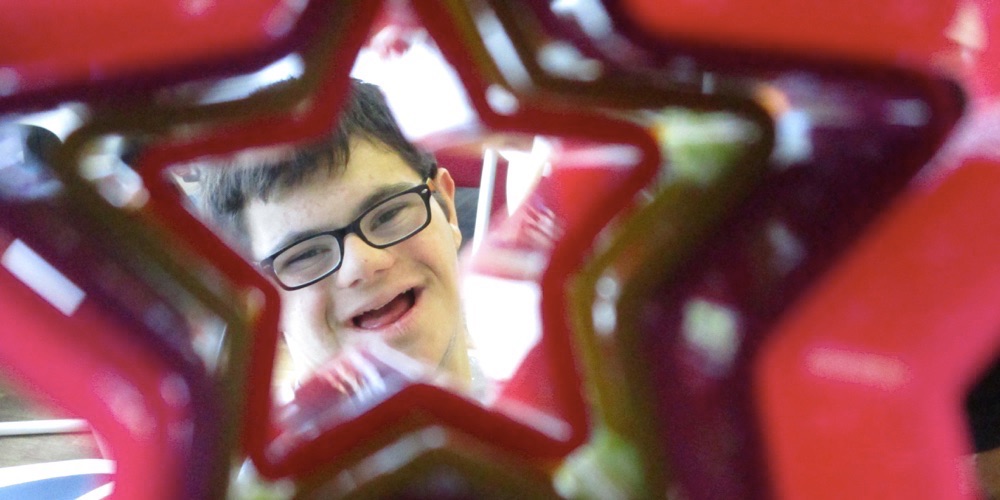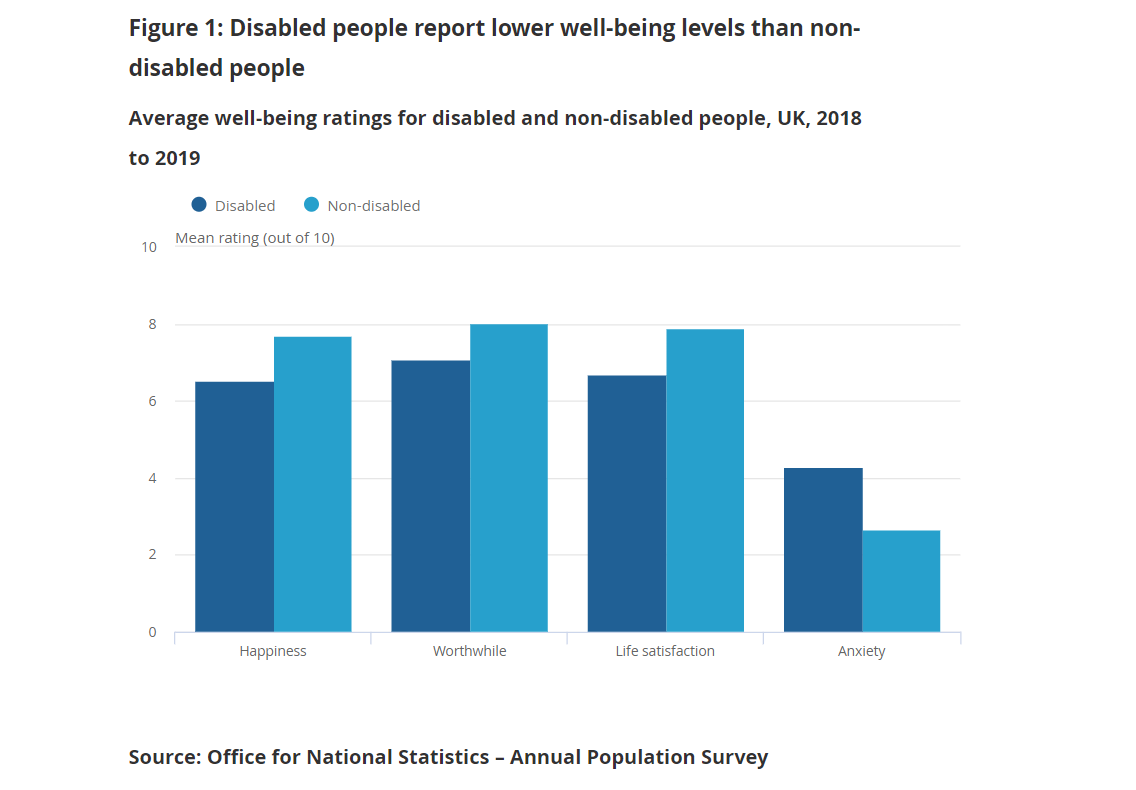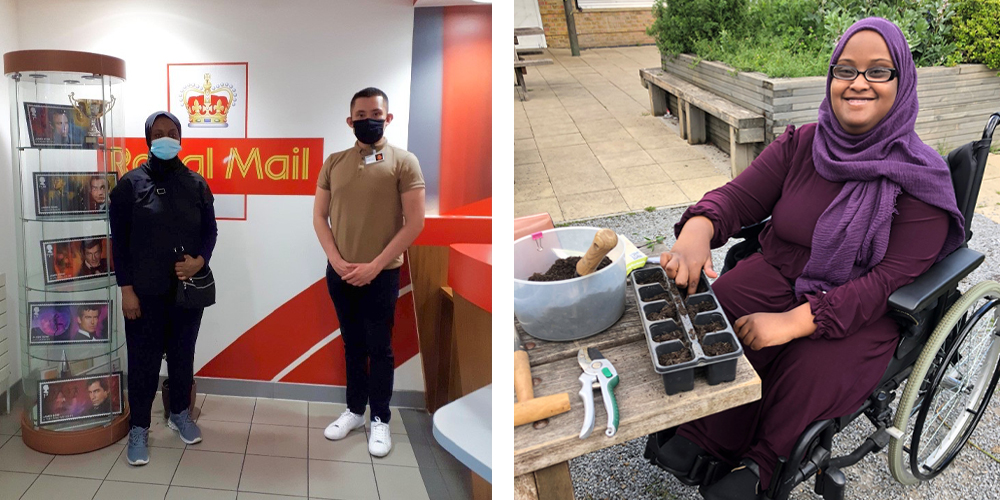A combination of the aftereffects of Covid-19 and drastic spikes in inflation are having a devastating impact on young disabled people across the country. On top of the shortcomings of years of underfunding in social care and disability services, families are struggling more than ever.
Research shows that people with disabilities experience mental health problems, loneliness and social isolation at much higher rates than people without disabilities. Some studies suggest the rate of mental health problems in people with a learning disability is double that of the general population. (Cooper, 2007; Emerson & Hatton, 2007; NICE, 2016).
There are many reasons why people with a learning disability are more likely to experience poor mental health:
- Biology and genetics may increase vulnerability to mental health problems
- A higher incidence of negative life events
- Access to fewer resources and coping skills
- The impact of other people’s attitudes, judgments and discrimination
- Higher levels of social isolation and loneliness
Mental health problems among people with a learning disability are often overlooked, underdiagnosed and left untreated due to several reasons:
- There is a gap between the provision of mental health services and learning disability services
- Assessments to detect mental health problems in people with learning disabilities are not well developed
- Symptoms and behaviours are often attributed to the person’s learning disability, rather than the mental health problem
Young people in particular have seen a severe impact on mental health as a result of the COVID-19 pandemic and the isolation many felt during the several lockdowns of 2020-2021. According to the Mental Health Foundation, young people are almost three times more likely to have experienced loneliness since the pandemic began, with almost half (44%) feeling this way since the first lockdown in March 2020.
Further reading: Mencap; Mental Health Foundation, Office for National Statistics



